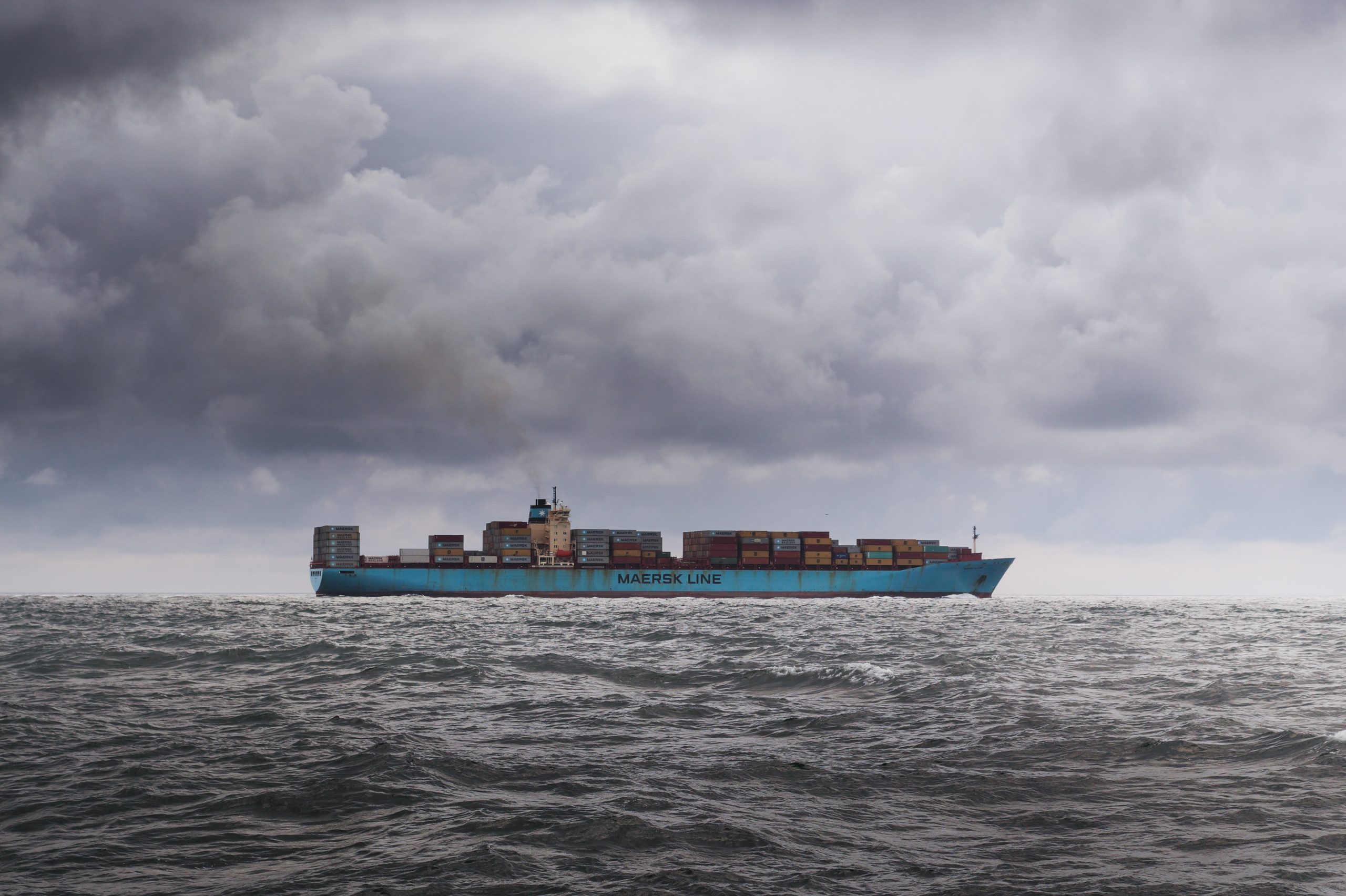British ports have recorded a massive 68% drop in the volume of exports to the EU this January, compared to same month last year.
The Road Haulage Association (RHA) have called on Michael Gove to finally take action and address the problems that have led to the huge fall-off in trade to the EU since the end of the transition period from the trade bloc.
Richard Burnett, the RHA’s chief executive said his dealings with the Cabinet Office and calls for measures to alleviate the problems over trade had been largely ignored by Gove and his officials, as reported by the Observer.
Throughout 2020 the RHA made it clear there was an urgent need to boost the number of customs agents – there are currently 10,000 which is only a fifth of the number required to process the paperwork that exporters now have to complete, said the RHA.
UK has 10,000 customs agents but needs 50,000, says RHA
“I find it deeply frustrating and annoying that ministers have chosen not to listen to the industry and experts,” Burnett told the paper, adding that on top of the 68% plummet in exports, between 65%-75% of vehicles from the EU were returning empty because there were no British goods to return with.
Burnett said this was because of hold-ups in the UK as well as some British companies deciding to suspend or permanently end exports to the EU after Brexit.
“Michael Gove is the master of extracting information from you and giving nothing back,” said Burnett. “He responds on WhatsApp and says he got the letter but no written response comes.
“Pretty much every time we have written over the last six months he has not responded in writing. He tends to get officials to start working on things. But the responses are a complete waste of time because they don’t listen to what the issues were that we raised in the first place.”
Government ‘doesn’t recognise the figures’
A spokesperson for the government insisted they have “had intensive engagement with the road haulage industry for many months and are still facilitating a daily call with representative groups. We do not recognise the figure provided on exports. Thanks to the hard work of hauliers and traders to prepare for change, disruption at the border has so far been minimal and freight movements are now close to normal levels, despite the Covid-19 pandemic.
“We will continue to work constructively with the RHA as we adjust to our new relationship with the EU and seize the opportunities of Brexit.”
Tonight (Sunday) the Guardian is reporting that “Whitehall sources vehemently” reject the claim that volume of trade has fallen 68% and are in fact insisting “freight flows were up to 95% or even 100% of normal levels” on some days in January.
A spokesperson for Gove’s Cabinet Office said they “don’t recognise these figures at all” and added: “We know there are some specific issues and we are working with businesses to resolve them.”
Hours of checks and form filling for exporters
The BBC feature a seafood company based in Dorset which has been trading for 60 years and now buys produce from 150 local fishermen, 90% of which is exported to France, Spain, the Netherlands and Italy on its fleet of lorries. Samways fish merchant said the pre-Brexit process was simple – each shipment needed one delivery note comprising two forms and invoices.
Now, exporters face a very different set of requirements – including (but not limited to) an ID number (called an EORI number); catch certificates and checks on their suppliers’ licence to sell fish; “approved establishment” registration; export health certificates uploaded and sent to an approved vet, who later inspects the goods being loaded to the truck on site.
The truck is then sealed in front of the vet, while all the while the exporter has been also liaising with a custom agent. They handle the paperwork requirements on the import side to produce a “statement of value” that is uploaded to an EU system, with 24 hours advance notice to French authorities that animal products will be arriving at a border control post already given.
All signed of documents are finally uploaded to the UK government’s site, which after around one hour, produces a customs barcode that is bundled together as part of the “export pack” for the lorry, “which includes the catch certificates, export health certificates (in English and French), the statement of value and 22 invoices to show at the checkpoint.”
Lorries need the Kermit to enter Kent
Because of the pandemic, drivers require proof of a negative Covid test taken within 72 hours. This is on top of the Kent Access Permit (KAP) required by all vehicles over 7.5 tonnes to travel to the ports. Drivers can be stopped and fined £300 for entering Kent without a KAP which motor trade insurance brokers Tradex states : “is to confirm drivers have correct permission to drive through the county of Kent en route for the Port of Dover or the Eurotunnel.”
The permit – as the brokers (and everyone else) reports, has been “unofficially dubbed ‘the Kermit’ after the famous Muppet character – and saw £32,000 in fines issued over the first six days after the end of the transition period.
The BBC report that the new paperwork required to export just one lorry of fish to the EU counts to 71 pages, multiple and various checks and many hours all adding up to many thousands in extra costs for the export businesses.




